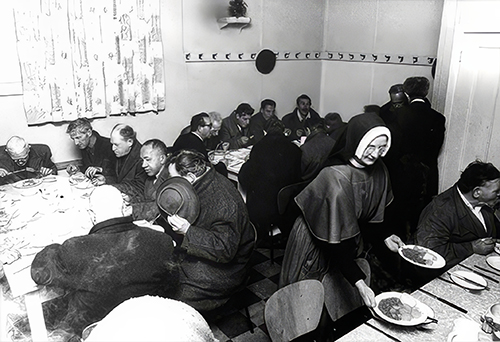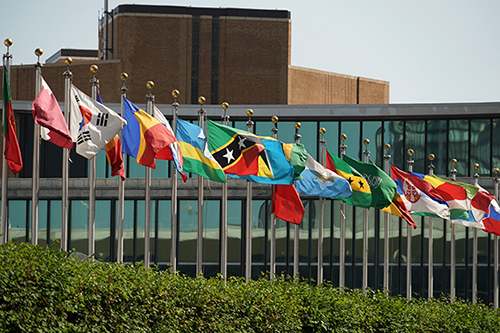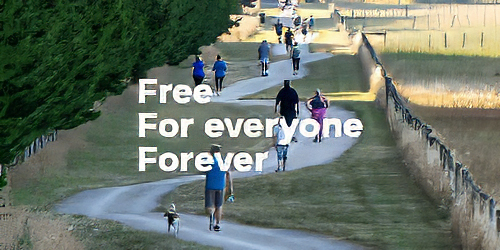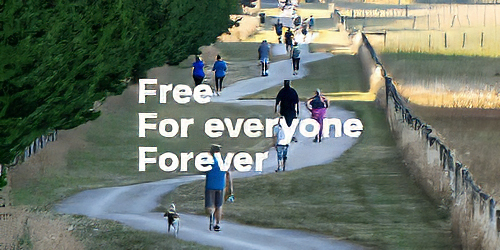Several of my teenage years were spent as a member of what was then known as “the Young Vinnies”.
We were youth volunteers of the Society of St Vincent de Paul.
Young teenage kids doing what the “grown up” members of the Society would be doing.
Collecting firewood, delivering groceries, cutting lawns, trimming hedges.
My secondary schooling took place at St Patrick’s College, Wellington.
The college sat on the corner of Cambridge Terrace and Buckle St.
Just across from the cricket ground known as the Basin Reserve.
At the end of the college, there sat what was known as the “Buckle St Soup Kitchen”.
Managed by the Sisters of Compassion, this soup kitchen provided food for the less fortunate people of Wellington city.
And, as a Young Vinnie, one of my tasks was to assist the Sisters and staff at meal time.
It was awful; dishevelled, unkempt, smelly men would turn up. Many reeking of cheap alcohol, some with a bottle of meths hanging from their coat pocket.
They would gobble down their food and leave hurriedly to find the best spot across the road at the Basin Reserve to doss down for the night.
I said, a paragraph ago, ‘it was awful’. It was awful because I had not experienced a Church like this.

Church was always neat and tidy. Outside, the lawns were neatly mown, the edges trimmed.
Inside, the pews always were aligned correctly, books stacked neatly, flowers rested in bright brass flower stands. There was a lingering smell of incense and candlewax.
As a family we dressed in our ‘Sunday best!’ Persons were well behaved and spoke with consideration for one another.
The words of Jesus from today’s Gospel (Lk. 17:13 – 14) hit somewhere around the solar plexus
“When you give a banquet, invite the poor, the crippled, the lame, and the blind. And you will be blessed, because they cannot repay you, for you will be repaid at the resurrection of the righteous.”
The key word here, for myself anyway, is the word “invite”. My dictionary tells me that the word ‘invite’ means to ask somebody formally to go somewhere or do something.
The initiative lies with the host.
Consider for a moment how many of our Church buildings ‘invite’ the poor, the crippled, the lame and the blind?
Our Church architecture presumes you are fit and able. Many of our Churches have steps into the building and steps to and around the sanctuary.
How many of our Churches provide sign language as a regular option?
To receive Holy Communion, most churches require the recipient to walk to the front!
When designing or remodelling a church building ask the poor, the crippled, the lame and the blind, and the deaf!
Consider how many of our faith communities ‘invite’ the poor, the crippled, the lame and the blind?
“When you give a banquet . . . . “




